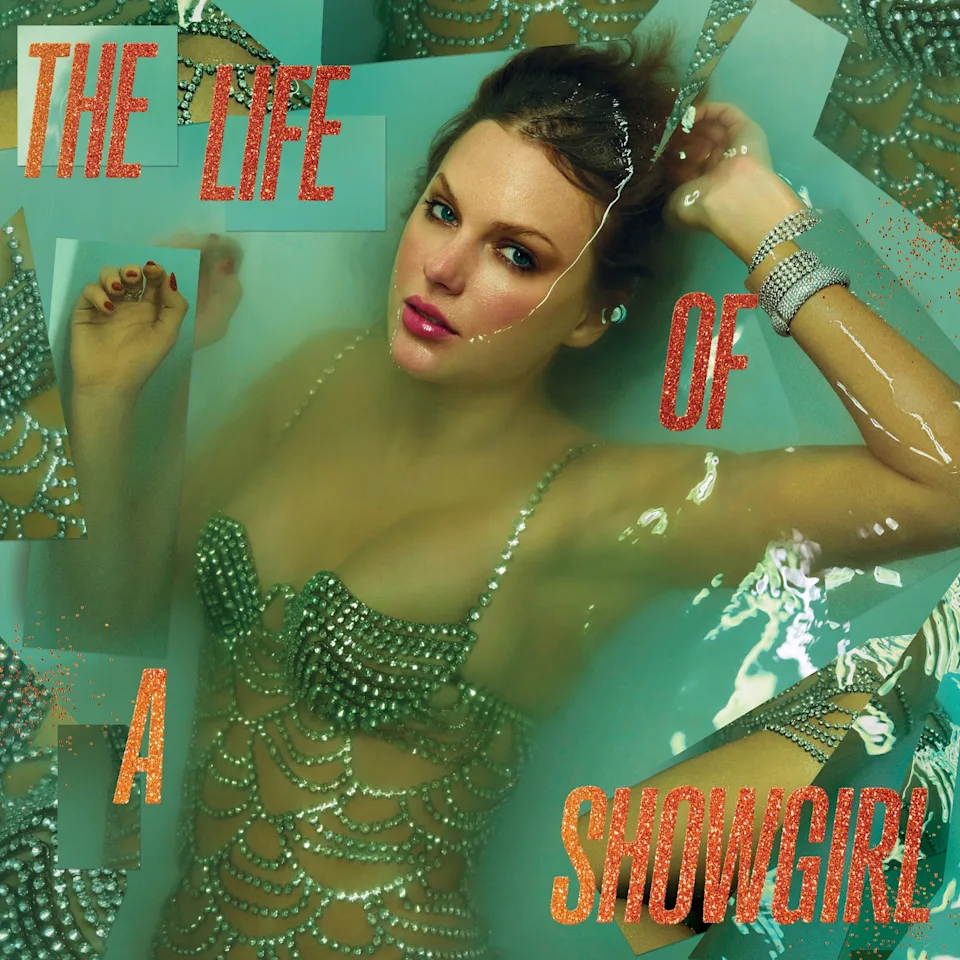
“Florida’s biggest snake isn’t the Everglades, he is in the Senate.”
“Amendment 4 goes far beyond Roe v. Wade.”
“Debbie Mucarsel–Powell… helps dictatorship.”
Every election season, political ads throw around borderline absurd statements on televised channels and social media platforms. While many of the claims seem funny and illogical, an underlying issue remains the real root of the “ad wars”: polarization. Polarization, an extreme division of contrasting groups, especially in politics, has never been as high as it is today. The political parties have become so divided that peaceful and productive conversations cannot happen without a fight. With this polarization comes an increase in political violence— and ads are helping fuel that fire.
This election season, the Mucarsel-Powell/Scott Senate race is one of the nastiest campaigns on both sides. Mucarsel-Powell released a campaign ad berating incumbent Senator Rick Scott by describing him as the biggest snake in Florida. Not only that, the ad photoshopped Scott’s face on a snake while accusing him of Medicare fraud and raising taxes. The ad might be funny to onlookers, but this type of humor is better off on Saturday Night Live. The ad dehumanized the candidate and completely overrode the purpose of a campaign ad: to inform the community why the candidate should be elected. And while dehumanization is incredibly serious, the worst offense is how these ads make American politics look—silly.
The idiotic visuals are not where the problem ends. The content of the ads are becoming increasingly misleading. A recent ad created by Florida’s Republican Party blatantly presents misinformation about Amendment 4 in hopes of getting Floridians to vote “no.” The ads start by describing the amendment as dangerous due to its vagueness when it comes to defining the limits of abortion–“viability,” “patient’s health” and “healthcare provider” among the terms the ad highlighted. However this “danger” is nothing more than a farce; amendments are not required to have definitions. In fact, out of the six initiatives Floridians are voting on this year, only one has concrete definitions.
The misinformation does not stop at abortion–Amendment 3, which concerns the legalization of marijuana has generated plenty of ads with outright false statements. An ad created by the “Vote Yes on 3” group in Florida stated that 80 people have died of bear attacks, more than marijuana-related deaths. However, this statement is vague since it purposely left where the fatalities happened. While 70 deaths in North America have been caused by bear attacks there are no recorded deaths from bear attacks in Florida.
It makes sense why campaigns make ads that are negative—it is easier to point out candidates and amendment’s flaws. But these ads are too obnoxious. There are many ways campaigns can create impactful and positive ads like mentioning the candidate’s ideas and what they can do for the community.
But the common tactic of both parties is currently to create ridiculous statements and make the opposing party look bad and create an even further divide between both groups. And while we cannot control the visuals or contents of political ads, we can control what we believe and how we react. No matter if campaigns are for senate elections, amendments or presidential primaries, it is important for people to research what they see and hear, and understand that politics are a lot more nuanced than political ads make it seem.







